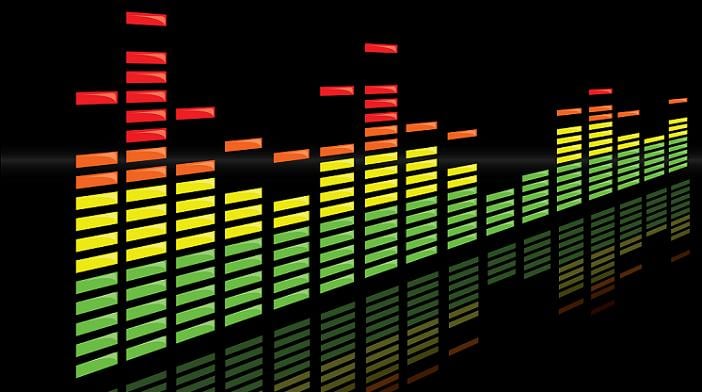 Image via beaumontmusic.co.uk
Image via beaumontmusic.co.uk
As a working independent musician, you're super busy. You have gigs to play, recording sessions to attend, and publicity to organize. Amidst all the hustle and bustle, how do you still make time for the holy grail of music – practice, practice, practice?
It may surprise you, but you can actually practice without even picking up your instrument. Dr. Alvaro Pascual-Leone, a professor of neurology at Harvard Medical School, says that "mental simulation of movements activates some of the same central neural structures required for the performance of the actual movements. [This] not only results in marked improvement in performance, but also seems to place the subjects at an advantage for further skill learning with minimal physical practice. The combination of mental and physical practice leads to greater performance improvement than does physical practice alone."
In other words, mental practice is some pretty powerful stuff! And not only is it super effective, it's also easy to integrate into your schedule. This useful little method will allow you to rehearse in your head regardless of whether you're in the bathroom brushing your teeth or just trying to kill time in the tour van. Here's a step-by-step guide on how to do it.
1. Go zen
Take a deep breath, and calm down. Release any and all tension in your body – check your neck, shoulders, arms, etc., and shake out all the stress. Then, clear your mind. Don't think about anything too mentally exhausting or strenuous. Just relax. This will essentially provide you with a blank canvas in your head so you can focus on the upcoming practice session. This is the mental equivalent of removing all distractions from your real-life rehearsal space.
2. Paint a picture
Where do you usually practice? What does your guitar look like? Do you usually wear sweats when it's just you jamming out? Whatever or wherever you usually rehearse, recreate this image right now in your head. Visualize as many details as you can. Make it as vivid as possible. The more detailed the image is, the more "real" the mental practice will be.
3. Focus and imagine
Imagine yourself starting out with a single scale or a riff. What does it sound like? How do you feel? Can you feel the grain of the wood under your arm or the strings under your fingers? Can you feel the muscles in your body moving? Try to recall all the kinesthetic elements involved in playing your instrument. Focus, imagine, and try to engage all of your senses. Concentrate on the motions that create each note, and play your song.
4. Stop and rewind
Oh, there it is. That note sounded a bit sour. Or maybe those lyrics got lost a little in the shuffle. Either way, when you "hear" or "see" something that doesn't go the way you wanted it to, take a moment to stop and rewind. Pause your mental video and go back so you can correct that mistake. Really think about why the error happened and what you can change to make it better. The more focused you are, the better the results will be. Don't just barrel through your whole set – after all, would you practice like that in real life?
5. Keep it grounded
You may realize that you somehow got distracted by an unrelated thought (or two or three), but that's okay! It's the way human brains are designed to work, and it's completely normal. Don't get angry with yourself that you got off track – just calmly refocus your mind back on your mental practice session, and pick up where you left off. This will become easier the more you do it, so try not to let frustration get the best of you when you're first starting out.
Remember, the more real the situation is, the more effective it will be. If you can feel the instrument, hear the sounds, and see the image, you'll really benefit from this mental practice. Focus is key.
Though this doesn't (and can't) replace actually practicing in real life, it can act as an incredibly effective supplement to your existing practice routine, and it's useful little cheat that you can use when you're running short on time and you haven't been spending as much time with your instrument as you'd like. After all, effective practicing is as much a mental thing as it is a physical thing!
Learn more techniques for practicing your instrument:
- 8 Easy Tweaks to Make Your Practice Time Way More Productive
- 4 Practice Tips to Progress Faster on Your Instrument
- 5 Practice Tips for Busy Lives
- 7 Ways to Practice Music While on the Road
Michelle Lou is an editorial intern for Sonicbids.







